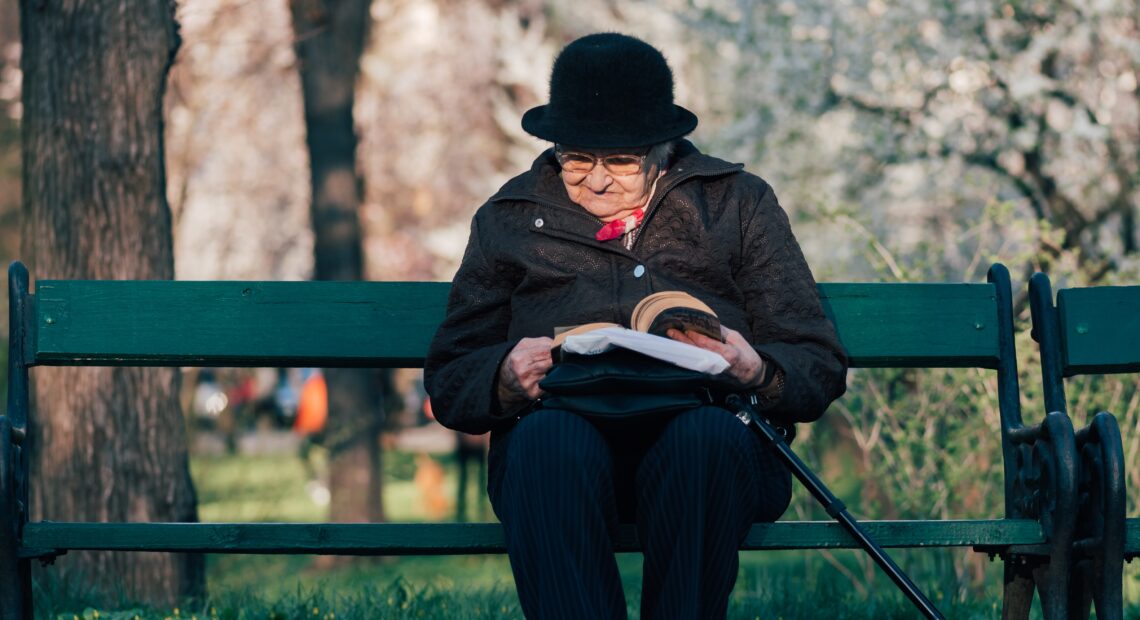Arts and creativity has an important role to play in health and wellbeing in later life and can help improve physical, psychological, and social health and wellbeing for the elderly, a new report published by the Institute of Public Health (IPH) has found.
The report, ‘Arts and Creativity in Later Life: Implications for Public Health and Older People’ reviewed more than 70 international studies investigating the potential health and wellbeing benefits of dancing, music and singing, visual and creative arts, and drama and theatre.
The research carried out by the Institute of Public Health found:
- Dance is particularly beneficial for improving balance, mobility, strength, flexibility, physical activity, as well as improving cognitive function.
- Music and singing can provide improvements in cognitive function and improved emotions.
- Music and singing and visual arts can help improve quality of life, social connections, and a sense of wellbeing.
The findings have significant implications for both public health and the arts and creativity sector, according to the authors of the comprehensive review, especially with low participation in arts and creativity by older people.
There is clear evidence that participating in arts and creative activities can have a positive impact on the health and wellbeing of older adults. This suggests that the benefits of taking part in arts and creativity should be more widely promoted in later life.
Arts & Creativity
Arts and creativity encompass a diverse range of activities and mediums through which we can express ourselves, from performance arts (dance, music, singing, drama and theatre) to visual arts (painting, drawing, photography, sculpture, and crafts) to literature, writing, reading and poetry, museums, art exhibitions and galleries.
Evidence of Health Benefits for Older People
This review assessed 73 studies from 18 separate countries, half of which related to dance.
The available evidence was ranked as strong, promising, or preliminary.
It was not possible to compare the health outcomes or benefits of each activity given variation in the volume of evidence available.
Dance
There is:
- Strong evidence that regularly taking part in group dance can enhance balance and mobility, improve physical strength and flexibility, increase aerobic capacity and endurance, and increase physical activity levels.
- Promising evidence that dance is associated with improvements in body composition, lipid and inflammatory profiles, as well as improving cognition and brain function.
- Preliminary evidence that dance can help improve independence in daily living activities and reduce the fear of falling.
- Preliminary evidence that dance can help alleviate depression and boost mood or self-esteem in older adults living with mild cognitive impairment or age-related macular degeneration.
Music and singing
There is:
- Promising evidence that regularly taking part in group singing and music classes is linked with improved cognitive function, quality of life, and preserving a sense of wellbeing.
- Preliminary evidence to suggest an association between group singing and enhanced respiratory function.
- Initial evidence that music and singing can help improve resilience and reduce loneliness but more evidence is needed.
- Qualitative evidence that taking part in group singing and music activities can enhance wellbeing, and help develop new skills, positive relationships, a sense of belonging and increased social networks.
Visual and creative arts
There is:
- Preliminary evidence that visual and creative arts can help to reduce feelings of loneliness and improve a sense of community and social connectedness.
- Qualitative evidence that participation in visual and creative art group programmes can help improve cognitive abilities, develop new skills, and provide opportunities to develop new relationships and social connections.
- Promising evidence that visual and creative arts programmes, like creating watercolour paintings and art making, can help improve wellbeing in older adults living with dementia.
Drama and theatre
There is:
- Preliminary evidence that regularly taking part in drama and theatre classes can provide emotional wellbeing benefits although more research is required.
Source: Institute of Public Health
[sibwp_form id=2]













